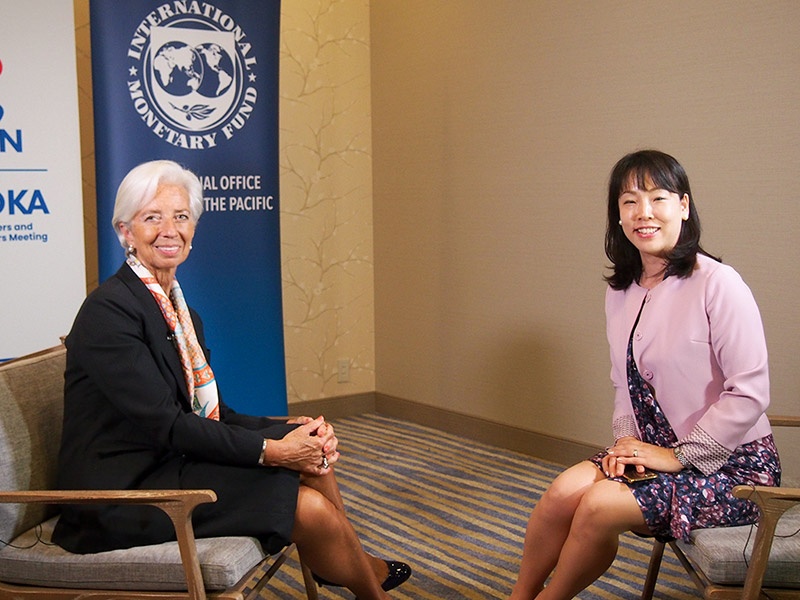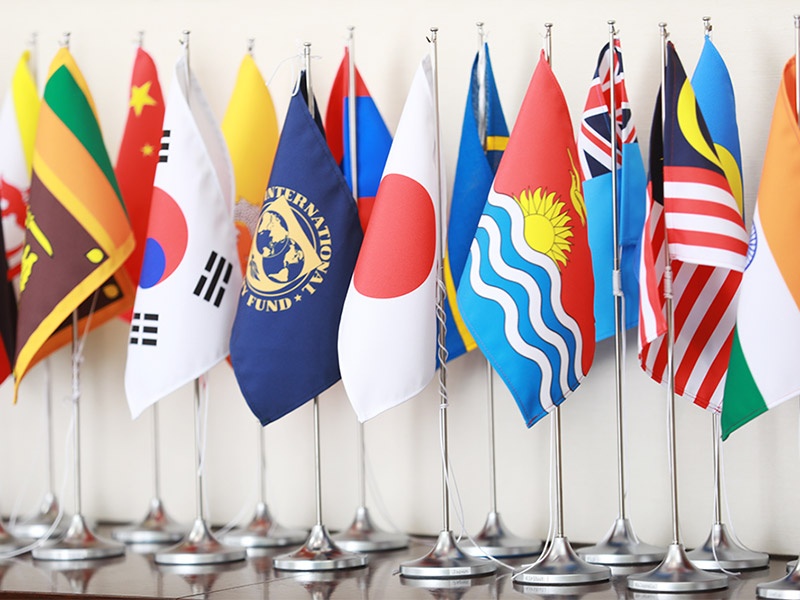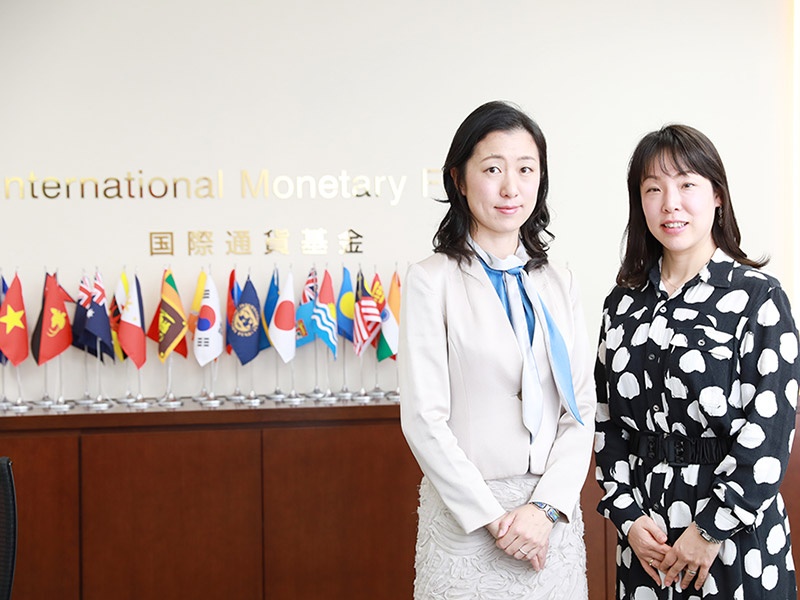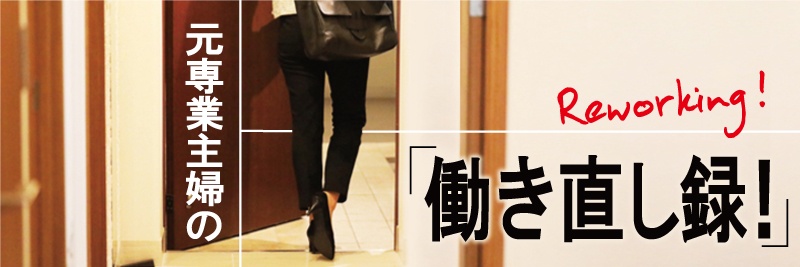Transcription of Christine Lagarde’s Message
Good afternoon to all of you.
Well, first of all, let me congratulate Nikkei Business Publications on its 50th anniversary, and importantly on its new initiative, Nikkei Cross Woman.
What is it?
Well, it's a platform for working women, so that they can discuss women's economic empowerment-- the pluses, the minuses, what can actually help boost that empowerment.
Increasing female empowerment to me, and to the economic teams who have worked on this topic, is just a no-brainer.
It is good for growth.
It is good for resilience of the economy.
It is good to reduce income inequality.
And it is good for the diversification of the economy.
Now, Japan is a very thriving economy, very innovative, but it can clearly benefit from more female empowerment and more female leadership.
When we look at the 2017 numbers, we see that women only had 13% of managerial positions, and less than 4% of board membership in listed companies.
In addition to that, women on average earn less than 3/4 of men, and this is the highest gender gap amongst G7 countries.
In addition to that, our research suggests that Japan's real GDP will actually decline by no less than 25% *1 in 40 years due to pure demographics -- aging and shrinking population-- if current policies remain status quo.
So there is a great incentive in empowering women and letting them access the workplace, because if Japan were to implement various reforms, particularly to increase the workforce at large, including the space for women, it could reverse the negative demographic effects and increase real GDP by as much as 15% in 40 years.
But how can that be done?






